How to Preserve Diamond Painting?
Diamond painting is a popular craft activity that combines the beauty of painting with the sparkle of diamonds. It involves creating a dazzling artwork by placing small resin rhinestones, known as diamonds, onto a canvas with adhesive. Once completed, a diamond painting can be a cherished keepsake. However, to ensure its longevity and preserve its vibrant appearance, proper preservation techniques are essential. In this article, we will guide you through the process of preserving your diamond painting, from preparing the surface to long-term storage and display options.
What is Diamond Painting?
Before diving into preservation techniques, let’s briefly understand what diamond painting is. Diamond painting is a form of art that originated from the concept of paint-by-numbers. Instead of using paint, it utilizes small resin diamonds to create a sparkling mosaic on a canvas. Each diamond corresponds to a symbol on the canvas, and by placing the diamonds meticulously, you can create a stunning piece of art.
Understanding the Need for Preservation
Diamond paintings are delicate creations that require preservation to safeguard their beauty.
Without proper preservation, factors like dust, moisture, or accidental damage can impact the appearance and durability of the artwork. By employing preservation techniques, you can prevent the diamonds from falling off, protect the canvas from wear and tear, and retain the brilliance of the finished painting.
Preparing the Surface
To begin the preservation process, it’s essential to prepare the surface of the diamond painting. This involves a few key steps:
Choosing the Right Surface
Selecting a suitable surface for your diamond painting is crucial. Opt for a smooth and sturdy base that can adequately support the weight of the diamonds.
Cleaning the Surface
Ensure the surface is free from dust, debris, and any particles that may interfere with the adhesive. Gently clean the surface using a soft, lint-free cloth.
Applying Adhesive
If the adhesive on your diamond painting has weakened, you can reapply it to secure any loose diamonds. Use a specialized diamond painting adhesive, following the manufacturer’s instructions.
Mounting the Canvas
Mounting the canvas provides stability and protection to the artwork. Consider the following methods:
Securing the Canvas
Carefully affix the canvas to a backing board or mount it on a solid surface. Ensure the canvas is taut and free from wrinkles or creases.
Using Frame or Stretcher Bars
For a more professional and polished look, you can frame the diamond painting using stretcher bars or a suitable frame. This not only enhances the appearance but also provides added protection.
Protecting the Painting
To safeguard your diamond painting, consider the following protective measures:
Using Protective Film
Applying a protective film over the surface of the artwork can shield it from dust, moisture, and accidental spills. Ensure the film is transparent and does not interfere with the shine of the diamonds.
Applying Varnish
Some artists choose to apply a layer of varnish to their diamond paintings. Varnish provides an extra protective barrier and enhances the colors of the artwork. Use a varnish specifically designed for diamond paintings.
Framing the Painting
Framing your diamond painting not only offers protection but also adds an elegant touch. Choose a frame that complements the style of the artwork and ensures it is properly sealed to prevent dust and moisture from entering.
Storing Diamond Paintings
Proper storage is essential to prevent damage to your diamond painting during periods of non-display. Consider the following storage methods:
Roll-Up Method
For larger diamond paintings, rolling them up carefully can save space and protect the artwork. Roll the canvas gently and secure it with elastic bands, ensuring the diamonds face inward to prevent any damage.
Flat Storage
Smaller diamond paintings can be stored flat in protective sleeves or archival folders. Ensure they are placed in a clean and dry environment to prevent dust accumulation.
Using Storage Containers
Specialized diamond painting storage containers with compartments offer an organized solution. Place your diamond paintings in separate compartments to avoid any potential damage.
Displaying Diamond Paintings
Displaying your diamond paintings allows you to showcase your creativity. Here are a few display options:
Wall Hanging
Hang your diamond painting on a wall using picture hooks or adhesive hooks. Ensure the painting is secured properly and does not face direct sunlight or excessive heat.
Tabletop Display
Place your diamond painting on a tabletop easel or display stand. This allows you to exhibit your artwork on shelves, mantels, or desks.
Rotating Displays
Consider rotating your displayed diamond paintings periodically to prevent excessive exposure to light and minimize the risk of damage caused by prolonged display.
Handling and Cleaning
Proper handling and occasional cleaning are essential to preserve the quality of your diamond painting. Follow these tips:
Proper Handling Techniques
Always handle your diamond painting with clean and dry hands. Avoid pressing too hard on the diamonds and be cautious while moving or transporting the artwork.
Dusting and Cleaning
Regularly dust your diamond painting using a soft brush or a specialized dusting tool. If necessary, gently wipe the surface with a slightly damp, lint-free cloth.
Repairing Damages
In case of any damages or issues with your diamond painting, you can employ the following repair techniques:
Fixing Loose Diamonds
If you notice any loose diamonds, use a pair of tweezers or a diamond painting pen to reapply adhesive and secure them back in place.
Mending Tears or Wrinkles
If your canvas tears or develops wrinkles, carefully mend them using a suitable adhesive or tape. Be gentle to avoid causing further damage.
Long-Term Preservation Tips
To ensure the long-term preservation of your diamond painting, consider the following tips:
Avoiding Sunlight and Heat
Excessive exposure to sunlight and heat can cause the colors to fade and the adhesive to weaken. Display or store your diamond painting away from direct sunlight and heat sources.
Controlling Humidity
High humidity levels can lead to mold or moisture damage. Maintain a moderate humidity level in the storage area of your diamond painting.
Regular Inspection and Maintenance
Periodically inspect your diamond painting for any signs of damage or deterioration. Take necessary actions promptly to prevent further issues.
Conclusion
Preserving your diamond painting is essential to protect its beauty and ensure its longevity. By following the outlined preservation techniques, you can safeguard your artwork from potential damage and enjoy it for years to come.
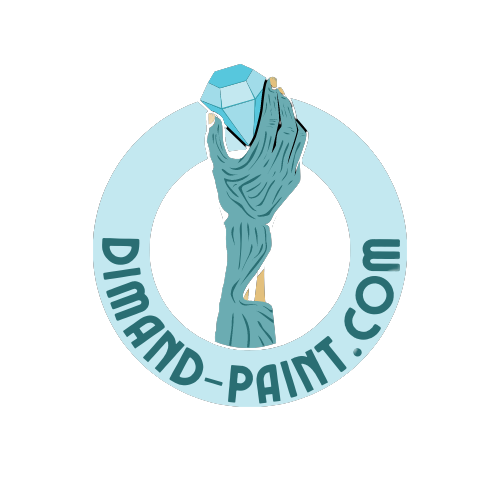
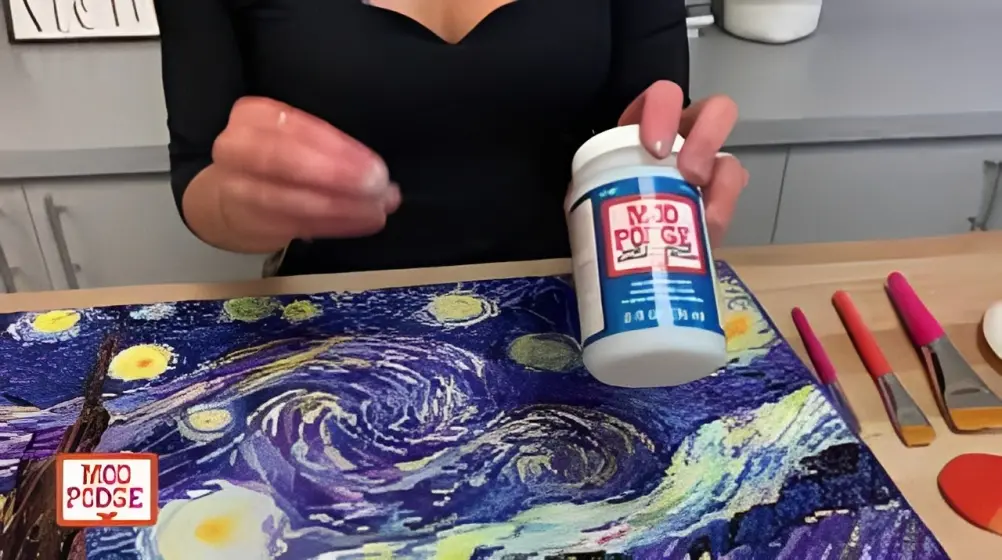
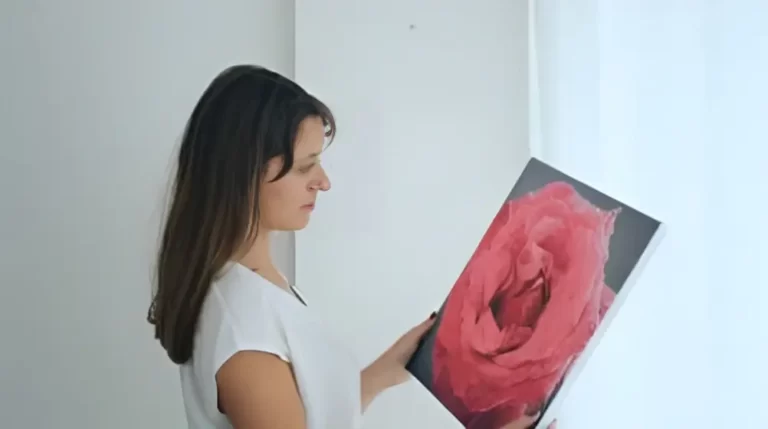
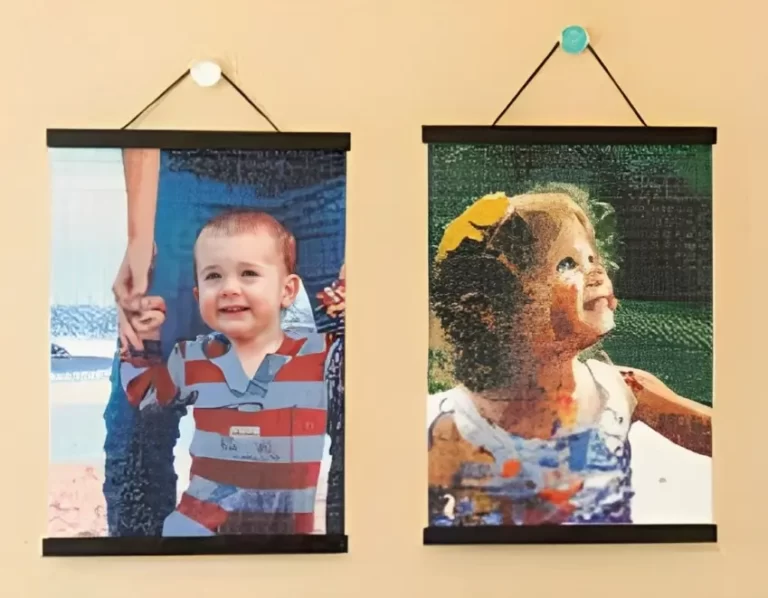
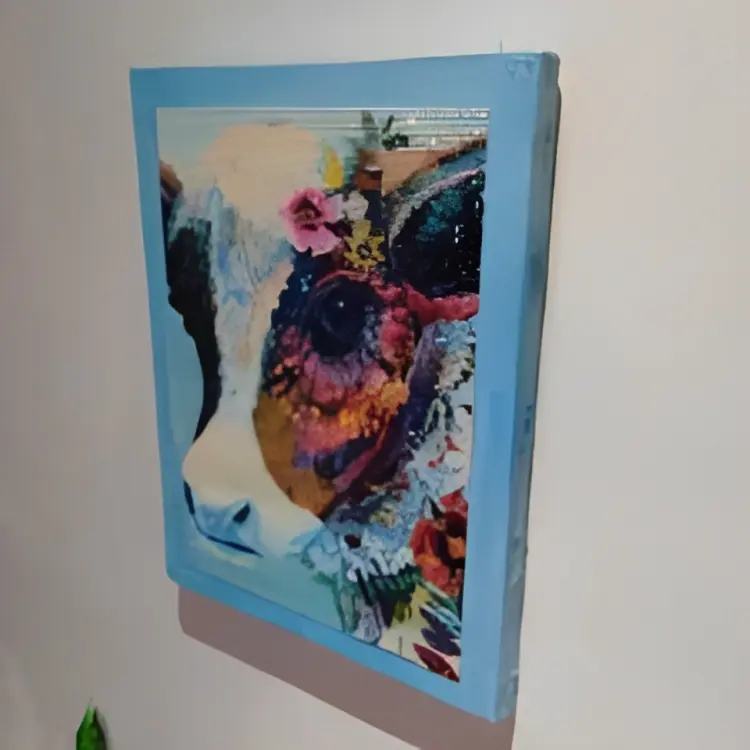
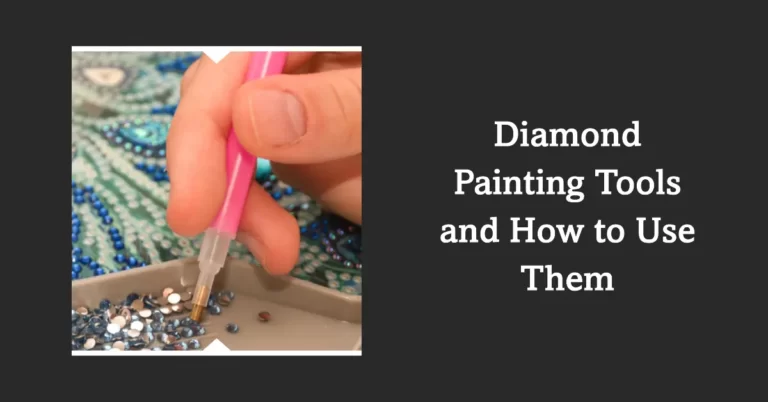
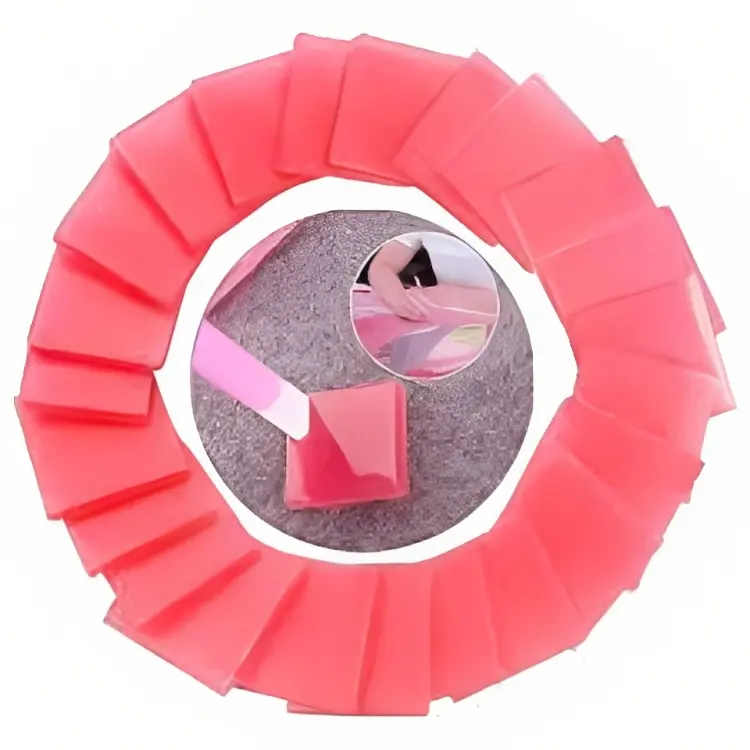
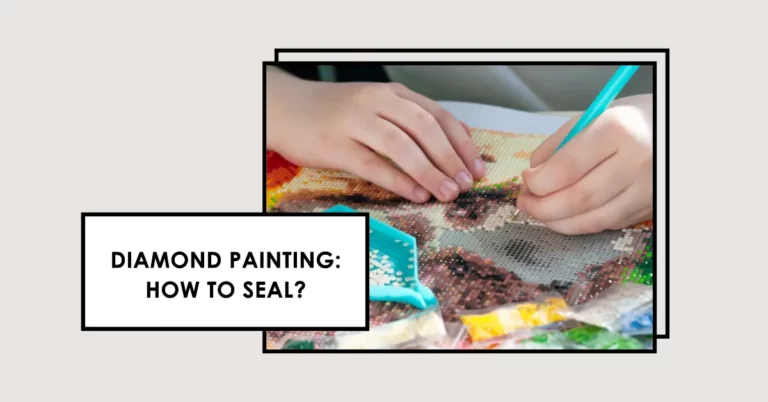
One Comment